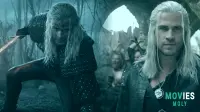Netflix's The Witcher Season 4 has arrived with Liam Hemsworth stepping into Geralt's boots, but fan reactions have been anything but quiet. Showrunner Lauren S. Hissrich is weighing in on the biggest complaints, from a controversial line to the show's overall approach to its beloved source material.
TL;DR
- Liam Hemsworth's debut as Geralt in Season 4 sparked immediate backlash, especially over a "Let's fing move!" line in the trailer.
- Showrunner Lauren S. Hissrich defends changes, stating the show is an adaptation, "our Geralt" has evolved, and fans still have the books/games.
- Despite poor Rotten Tomatoes audience scores (19-23%), Season 4 quickly climbed to #2 on Netflix's global charts.
Alright, fellow Continent travelers, it’s been a wild ride for Netflix’s The Witcher, and Season 4 is no exception. With Liam Hemsworth officially taking over the iconic role of Geralt of Rivia from Henry Cavill, the anticipation was a potent mix of excitement and, let’s be honest, a lot of trepidation. Now that the season is out (dropping on October 30, 2025!), the internet is buzzing, and not always in a good way.
From a seemingly small line in a trailer causing a massive uproar to the show’s ongoing journey away from the books, showrunner Lauren S. Hissrich has been front and center addressing the fiery debates. Let’s break down what everyone’s talking about and what Hissrich has to say about it all.
That Explosive Line From Geralt That Had Fans RagingBefore Season 4 even hit our screens, one particular clip from the final trailer became the unexpected center of a fan storm. It featured Liam Hemsworth’s Geralt, alongside Jaskier and Milva, in a fierce battle on a bridge (which book fans recognized as the Battle for the Bridge on the Yaruga from Baptism of Fire). But it wasn't the action that got people talking; it was Geralt's battle cry: "Let's fing move!"
Many fans of Andrzej Sapkowski’s novels and CD Projekt Red’s video games immediately recoiled, arguing that such an explicit, emphatic statement was completely out of character for the usually stoic and reserved White Wolf. Social media lit up with discussions, with many declaring it definitive proof that the show had lost its way.
Lauren S. Hissrich, however, was quick to defend the line. Speaking to Radio Times ahead of the season’s release, she expressed surprise at the controversy. "You never know what is going to be controversial," she said, recalling how unexpected the success of "Toss a coin to your Witcher" was. But she stood firm on the new line:
"It's one of those things that it's like, you may go, 'Oh, that's not what my Geralt would say.' Well, it is. It's what our Geralt would say. And in this moment, it suits it perfectly. So I'm eager for audiences to take those moments from the trailer and actually see them in the context of the scenes."
— Lauren S. Hissrich, Showrunner of The WitcherHissrich elaborated, explaining that this line perfectly illustrates Geralt's emotional transformation throughout the series. He started as a detached monster-hunter, but his connections with Yennefer (Anya Chalotra) and Ciri (Freya Allan) have changed him profoundly. "He's more protective, more connected. This Geralt is a father figure and a fighter," she noted. She argues that this moment, where he’s protecting someone dear to him, allows him to live out a "white knight fantasy" and show a more expressive, human side.
Addressing the Broader Adaptation Debate: Books vs. Show
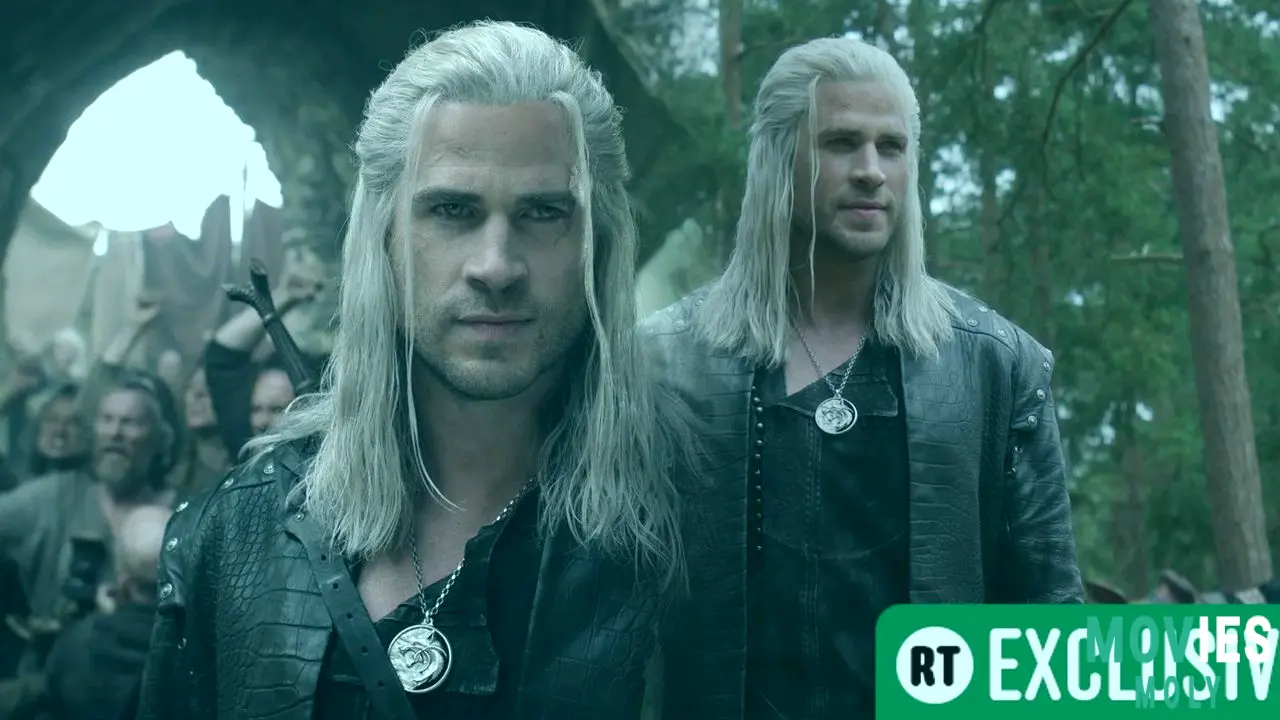
Beyond specific lines, the biggest ongoing complaint from many long-time fans has been Netflix’s adaptation straying from the source material. Henry Cavill himself was reportedly a stickler for book accuracy, and his departure after Season 3 fueled speculation that creative differences played a role.
Hissrich tackled this head-on in an interview with Dexerto, acknowledging the three distinct fan bases: book fans, video game fans, and those who discovered the world through the Netflix show. Her core argument? "The truth is we can’t choose one audience. We have to remember what we are doing, which is a television show."
She emphasized that adapting an epic fantasy novel series into an eight-hour television season inherently requires changes. They can’t include everything, and they have to weave stories together to create a cohesive narrative flow that works for the screen, unlike standalone adventures in books. "I also think that there have to be changes that you make for adaptation just to make this story keep going forward," she said, citing how Season 1 had to connect short stories.
Hissrich's ultimate defense, which some fans found a bit dismissive, was, "No one is taking the books away. No one is taking the video games away. I think everyone can have their version of The Witcher and this is this version." While her sentiment is about co-existence, author Andrzej Sapkowski himself once quipped in 2023 that while he offered ideas to the Netflix team, "they never listened to me." Ouch!
Season 4's Initial Reception: A Mixed Bag of Reviews
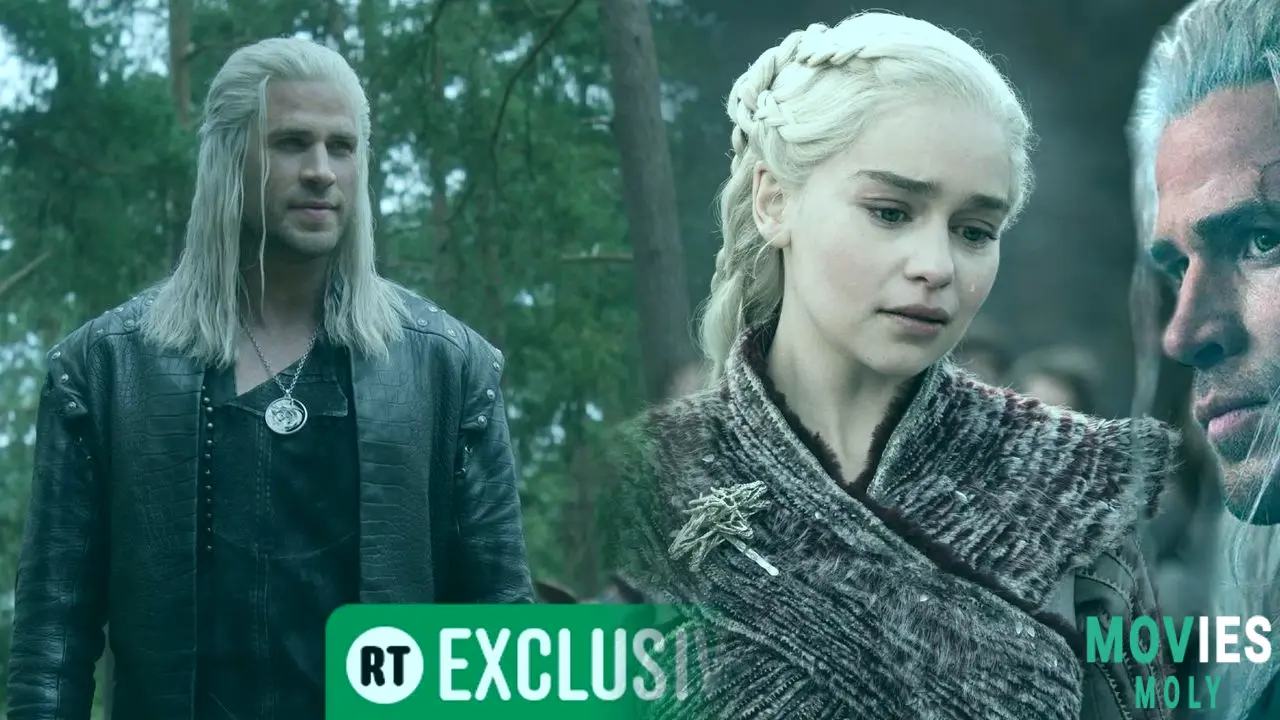
So, with all this chatter, how is Season 4 actually doing? It's a bit of a rollercoaster. Critics have given Liam Hemsworth's debut season a divisive 50-60% rating on Rotten Tomatoes. However, audiences are even less enthusiastic, with a painfully low 19-23% audience score—the lowest of any season so far.
Rotten Tomatoes Score Breakdown by Season:
- Season 1: Critics 68% | Audience 88%
- Season 2: Critics 95% | Audience 54%
- Season 3: Critics 79% | Audience 20%
- Season 4: Critics 60% | Audience 19%
The numbers show a clear downward trend in audience satisfaction since Season 1, with the biggest drops happening as the show progressed and now, significantly, with the recasting. Many loyal Henry Cavill fans are still petitioning for his return, and it seems this sentiment is reflected in the low audience scores.
However, despite the critical and fan complaints, The Witcher Season 4 still managed to land among Netflix’s top 10 most-watched series globally, securing the #2 spot, according to FlixPatrol. So, while die-hard fans might be upset, casual viewers are clearly still tuning in.
Liam Hemsworth Stepping Into Geralt's Iconic Armor
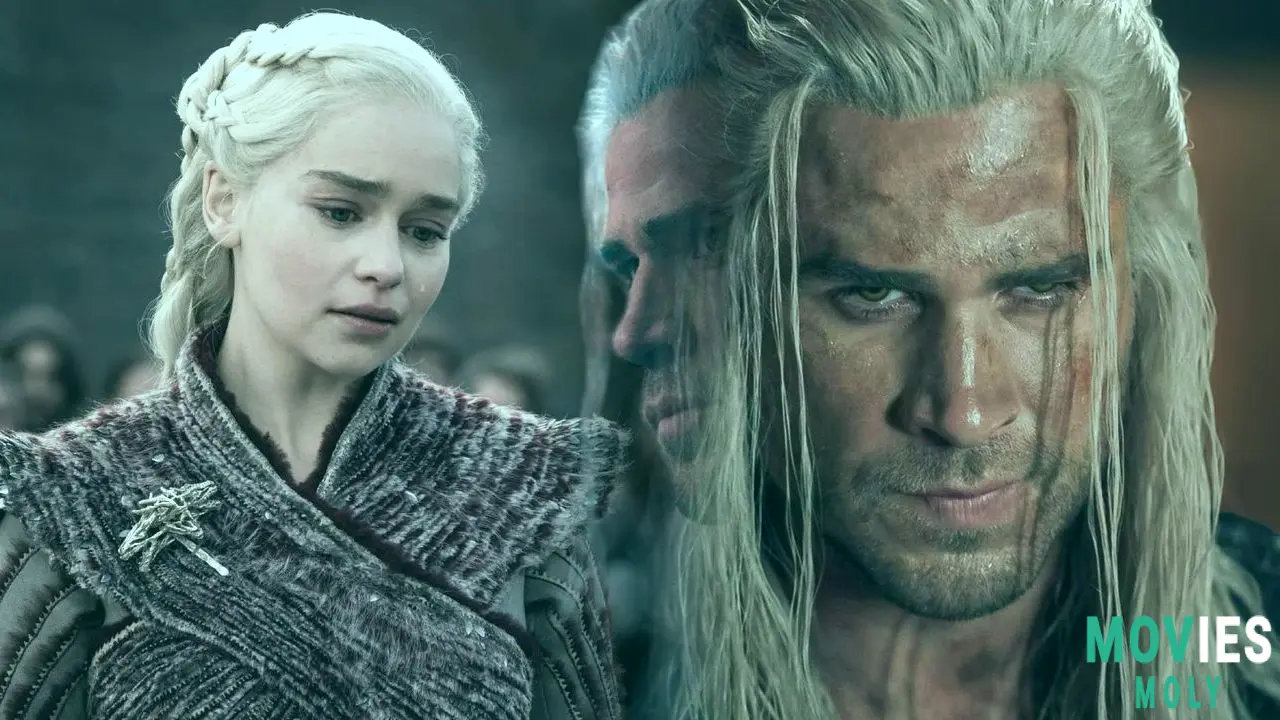
Taking over a role as beloved as Geralt of Rivia, especially after Henry Cavill’s acclaimed portrayal, was always going to be an immense challenge for Liam Hemsworth. Fans had become deeply attached to Cavill’s stoic monster hunter, making Hemsworth’s transition one of the most scrutinized recasts in recent TV history.
Hemsworth admitted to Radio Times that he was initially "reluctant" to take on the role. However, as a long-time fan of the franchise himself, he was drawn in by where Geralt’s character is at this point in the story. "I think what excited me the most was where Geralt is at this part of the story — his emotional state, and where he's heading," he said, describing it as a "very real place of change."
He felt supported in bringing his own version of Geralt to life and shared with Netflix that preparation was key. He put in the work with sword training, and the physical aspects of the costume helped him immerse himself. "By the time I stepped on the set, I felt really good and comfortable with a sword," Hemsworth explained. "Any day I put on the actual body armor… and then I put the contact lenses in, that’s when I really feel immersed in this character."
This season will see Hemsworth’s Geralt, Ciri (Freya Allan), and Yennefer (Anya Chalotra) separated across the war-torn Continent, each facing their own perilous journeys.
Avoiding the Game of Thrones Finale Fiasco for the Series Ending
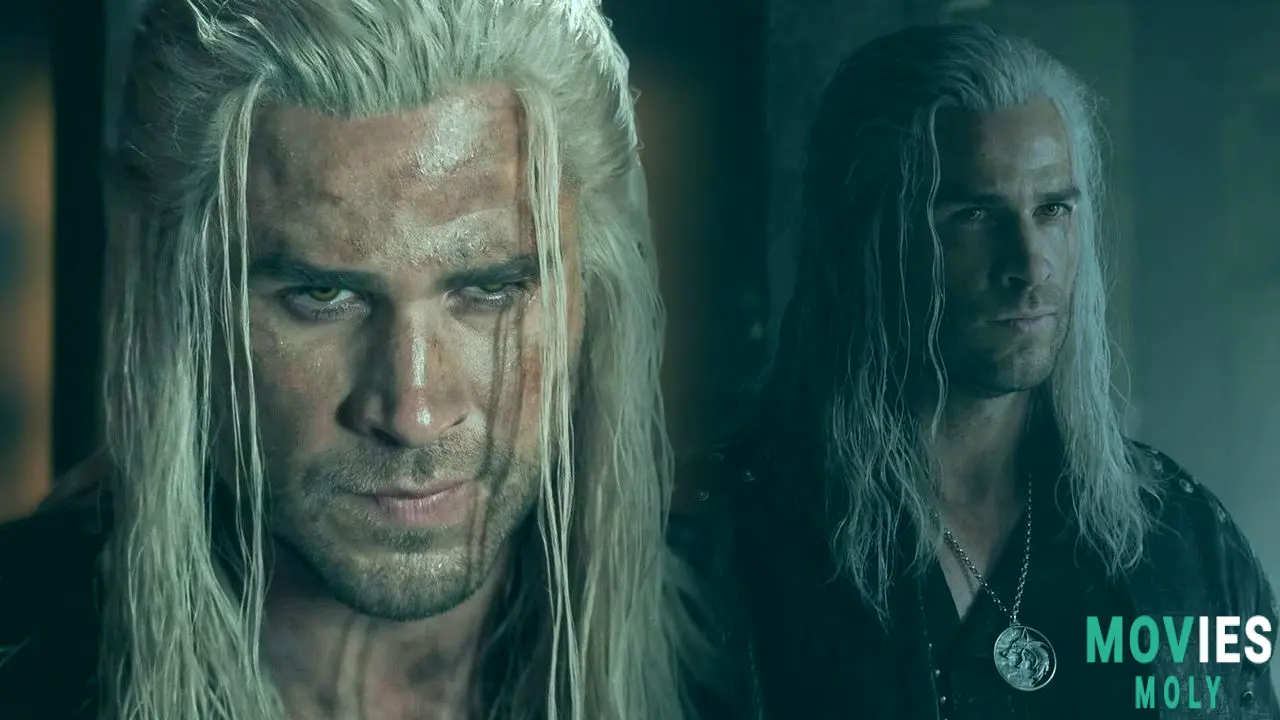
One major silver lining for The Witcher fans worrying about the show’s future is Hissrich’s commitment to sticking to Andrzej Sapkowski’s books for the series finale. With Season 5 already greenlit and being filmed back-to-back with Season 4, she assured Dexerto that they are explicitly avoiding the "mistake" made by HBO’s Game of Thrones.
Game of Thrones famously moved past its source material in its later seasons because author George R.R. Martin had not yet finished his novels. This led to the show's writers crafting their own ending, which was widely panned by fans and critics alike, becoming a cautionary tale for fantasy adaptations.
Hissrich, however, stated, "No, I think that we lucked out because I said very early on, 'We’re not going to go past the books.' We have the ending." She explained that Seasons 4 and 5 will adapt the remaining three books in Sapkowski's main saga: Baptism of Fire, The Tower of the Swallow, and Lady of the Lake. "We lean so hardcore into fantasy at the end in wonderful ways that Sapkowski introduced us to. So we knew the stories that we needed to end with," she added.
This commitment to the source material for the ending, coupled with the foresight to plan out Seasons 4 and 5 together, suggests a more structured and perhaps more satisfying conclusion for fans who felt burned by other fantasy finales. Hissrich also mentioned that after Season 5, which will mark nine years of her life dedicated to the show, she plans to "step back a little bit," though she believes there are "so many more stories to be told in The Witcher universe."
Ultimately, while The Witcher Season 4 navigates the turbulent waters of recasting and adaptation choices, its creative team seems focused on delivering a complete story rooted in its literary origins, aiming to stick the landing in a way that resonates, even if it’s "their version" of the beloved saga.
Frequently Asked Questions About The Witcher Season 4
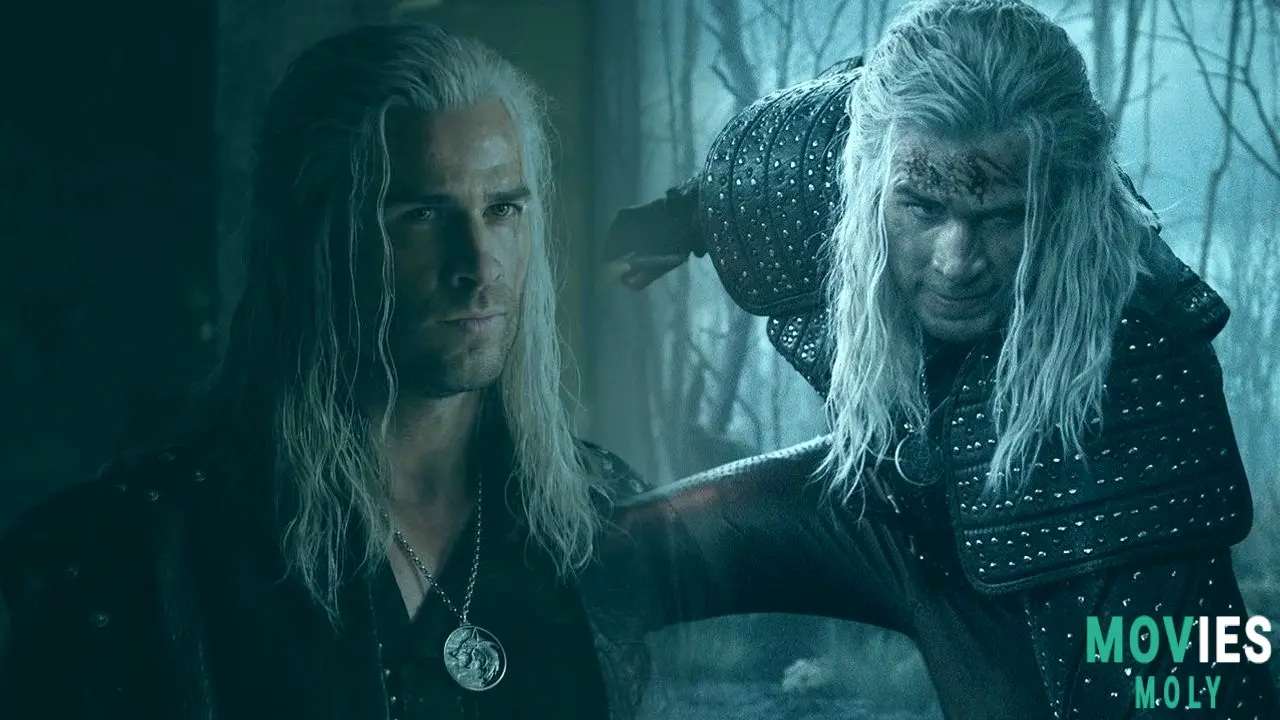
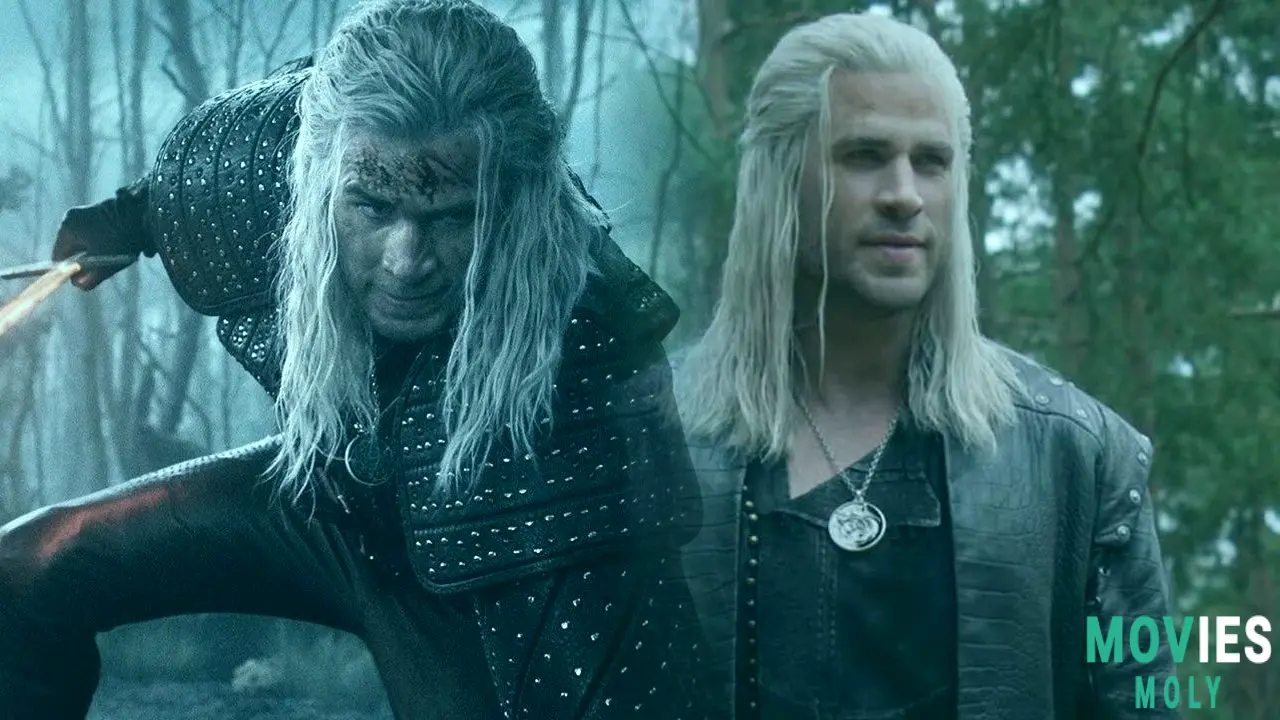
- MovieWeb
- Dexerto
- Radio Times
- GameSpot
- FandomWire
- Thought Catalog
- The Express Tribune
- Bounding Into Comics
- IGN


